Majority Leader defends presidential discretion in suspension of Chief Justice under Article 146(10)
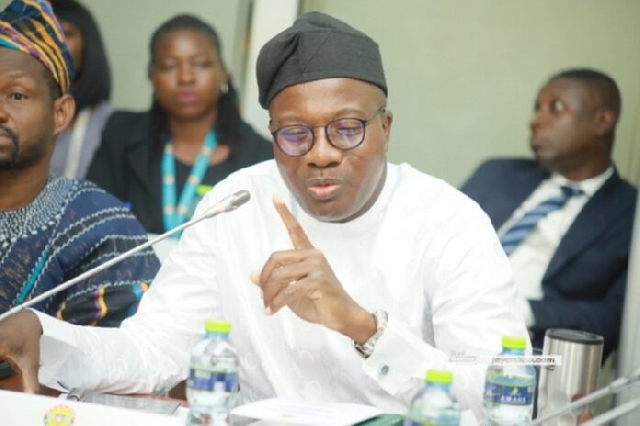 Mahama Ayariga
Mahama Ayariga
Majority Leader and Leader of Government Business, Mahama Ayariga, has mounted a strong defense of the constitutional process guiding the suspension of a Chief Justice, dismissing criticisms of potential presidential overreach as unfounded.
In a detailed statement, Mr. Ayariga emphasised that Article 146(10)(a) of the 1992 Constitution does not grant the President unchecked power to suspend a Chief Justice.
He pointed out that the President’s discretion is explicitly constrained by the requirement to act "in accordance with the advice of the Council of State."
“The duty to be ‘fair and candid’ under Article 296(a) is embedded in the structure of Article 146(10)(a),” Ayariga noted.
“The President cannot unilaterally suspend the Chief Justice.
He must do so only with the advice of the Council of State, which serves as a safeguard against bias, arbitrariness, or abuse.”
His comments come amid rising public and legal community concerns regarding the independence of the Judiciary, following reports of a petition seeking the removal of the current Chief Justice.
Mr Ayariga questioned the criticisms being levelled at the constitutional process, particularly those coming from the Ghana Bar Association (GBA) and some legal commentators.
“Unless the GBA and all the commentators I have heard are saying they have issues with the advice of the Council of State, I am baffled at the disingenuous efforts to fault the process so far,” he stated.
He further argued that the President has no authority to interfere with how the Council of State arrives at its advice, citing Article 92(11), which allows the Council to regulate its own procedure.
Drawing a comparison with the Chief Justice’s administrative functions under Article 159, Mr Ayariga explained that just as the Chief Justice may issue regulations only with the advice of the Judicial Council and the President’s approval, the President, too, is constitutionally guided when taking action against a Chief Justice.
He also pointed out that the Constitution deliberately leaves the interpretation of terms like “stated misbehaviour,” “incompetence,” and “inability to perform the functions of his office” to the committee set up under Article 146, rather than providing fixed definitions.
“In all of Article 294, the framers didn’t think it necessary to define those terms,” he said.
“The committee must decide what those mean on a case-by-case basis.”
Source: Classfmonline.com/Cecil Mensah
Trending News
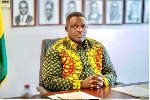
MTN data breach: Stay calm as we investigate, resolve it – Comm Min
02:11
Forgive us for our lapses; we’ll do better next time - Bawumia to Ghanaians
13:09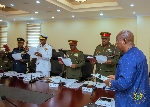
Mahama swears in new service commanders
08:05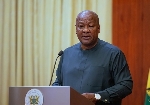
CDM sees suspension of Chief Justice as a constitutional breach
08:59
Team Ken 2028: Turns Bawumia's Thank You Tour into campaign arena, agents caught sharing money and t-shirts
19:55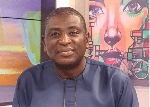
Bawumia deserves praise for inviting us to join his thank you tour - Kojo Nsafoa
12:57
Multi –million dollar World Bank Aayalolo BRT turns ‘BST’, compete for passengers with 'Trortro'
16:55
CDM questions impartiality of committee probing Chief Justice
08:51
NIA expands premium services to 5 regions, relocates Accra centre
19:04
Weija-Gbawe MP launches 2025 BECE mock examination to boost students' preparedness
12:43




